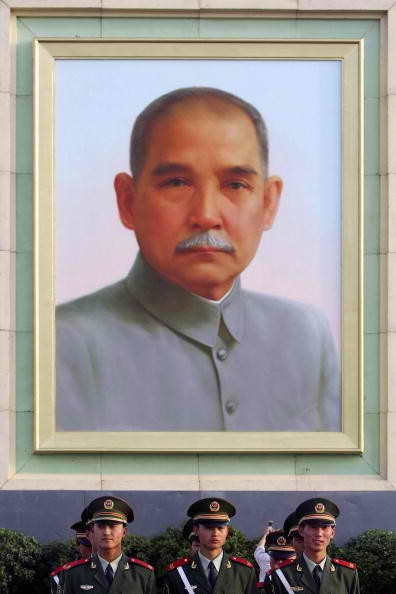China commemorated the 92nd death anniversary of Dr. Sun Yat-Sen, whose leadership in ending the country's 2,000-year-old feudal rule under imperial forces made him a well-loved and respected figure among the Chinese.
This year, Dr. Sun Yat-Sen's death anniversary has been commemorated in ceremonies held in China's largest cities such as Beijing and Nanjing. Revolutionary Committee of the Chinese Kuomintang Central Committee vice-chairman Liu Fan presided over this year's ceremony in Beijing's Zhongshan Park.
Straits Times reported that Chinese news outlet Xinhua praised Dr. Sun Yat-Sen for his invaluable contributions that led China away from the cudgels of feudalism through the 1911 revolution. The Communist Party also gave Dr. Sun Yat-Sen's 150th birthday in November last year a positive reception.
However, with all of China's grand commemorations for Dr. Sun Yat-Sen's death anniversary, such has not been the same in Taiwan. The island's ruling Democratic Progressive Party has demonstrated a rather antagonistic approach to Dr. Sun Yat-Sen, who is generally regarded as the Republic of China's founder.
The Republic of China moved its government to Taiwan after the People's Republic took over the mainland in 1949 under Mao Zedong's leadership. Since then, the island has practiced self-determination amid China's hostile pronouncements, which deems it as a province of the world's second-largest economy.
A considerable number of DPP politicians called against showing reverence to Dr. Sun Yat-Sen, saying that the Taiwanese should stop calling him as Taiwan's "founding father." They also called for displays depicting Dr. Sun Yat-Sen displayed in public offices to be removed.
Gao Jyh-peng, one of the DPP legislators who are vehemently opposed to Dr. Sun Yat-Sen's revered stature in Taiwan, called for the removal of his images displayed in the island's banknotes, even going far as to propose the removal of ex-president Chiang Kai-Shek and other associated figures.



























